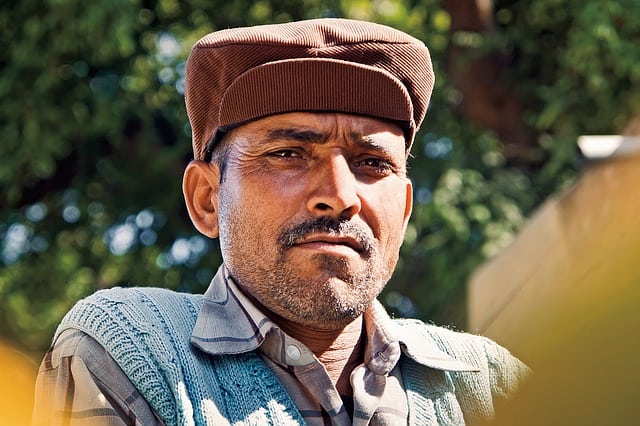India’s police are getting ready. It plans a national surveillance system that compares images of live public cameras with databases of suspected criminals, terrorist suspects or missing children. If the camera’s eye detects a person with pictures on wanted lists, an alarm is triggered. Firms that have a track record in face recognition technology have been invited to submit tenders. Deadline is the 11th of October. The under-staffed police see the technology as an effective means to increase their investigation successes.
Lack of transparency
NGOs were worried about the call for tenders, especially as India has no data protection law. They point out that facial recognition could also be used for snooping. This would determine where certain people were and who they met. Not only for residents of the troubled province of Kashmir, in which security forces observe unwelcome politicians and human rights activists, this is an unpleasant idea. Critics warn against mass surveillance and a high risk of abuse.
The Supreme Court held in a landmark decision in 2017 that the privacy of citizens should be protected. But there is a draft for a data protection law in the bureaucracy. The Indian Internet Freedom Foundation (IFF) has called on the government to give stakeholders the opportunity to participate in the discussion on how the law is being drafted and to clarify the way forward. A letter that the IFF sent to the relevant ministries more than two months ago remained unanswered.
Apar Gupta, head of the IFF, misses a transparent discussion about the new law. He fears that this will be submitted directly to Parliament without the opinion of civil society being sought. In the Legislative, the right-wing nationalist BJP of Prime Minister Narendra Modi has an absolute majority. The protection of privacy is not one of the core concerns of the BJP. Without adequate checks and balances, the state may be tempted to use the data for questionable purposes, the Financial Times itself quoted the pro-government Observer Research Foundation.
Data on the black market
The skepticism of activists and experts probably also depends on the fact that the Indian state has intensified its collecting activities in recent years. For the Aadhaar identification program, the fingerprints and iris scan have been stored by more than a billion Indians. The result is the world’s largest biometric data collection.
Aadhaar was originally conceived to eliminate corruption in welfare benefits. The program assigns each and every one an identification number. Although there is no legal obligation to be measured biometrically, the number is now also required when opening a bank account and in more and more everyday business. Some Indians acknowledge that the 12-digit ID makes everyday life easier. At the same time, they wonder how far this system should go. There are fears that the ID might mislead the state into spying on its citizens. There are also doubts as to whether the records are in safe hands.
According to reports, the Indian police have requested to also access the Aadhaar database. This was rejected by the responsible government agency, the Unique Identification Authority of India. Exceptions should only exist if national security is affected.
The face as a passport
Face recognition technology is already being tested in India at some airports. 3D cameras measure the distances between different points on the face, such as the length of the nose or the distance between the eyes. From the data, a code is created, which should uniquely identify faces. For example, once registered, passengers at Bangalore Airport do not need a boarding pass or passport – as long as the system works without interference. On the other hand, who prefers a regular check, is much longer. In these experiments, however, the consent of the travelers is explicitly obtained. In Mumbai, Chennai and Amritsar, surveillance cameras at train stations or shopping malls have been equipped with the technology.
China is already significantly ahead in applying the technology. Of course, China does not allow this commercial use. High-tech cameras that measure faces and thereby identify people are used, for example, in Xinjiang, where Beijing’s rulers observe the Muslim Uighurs.
